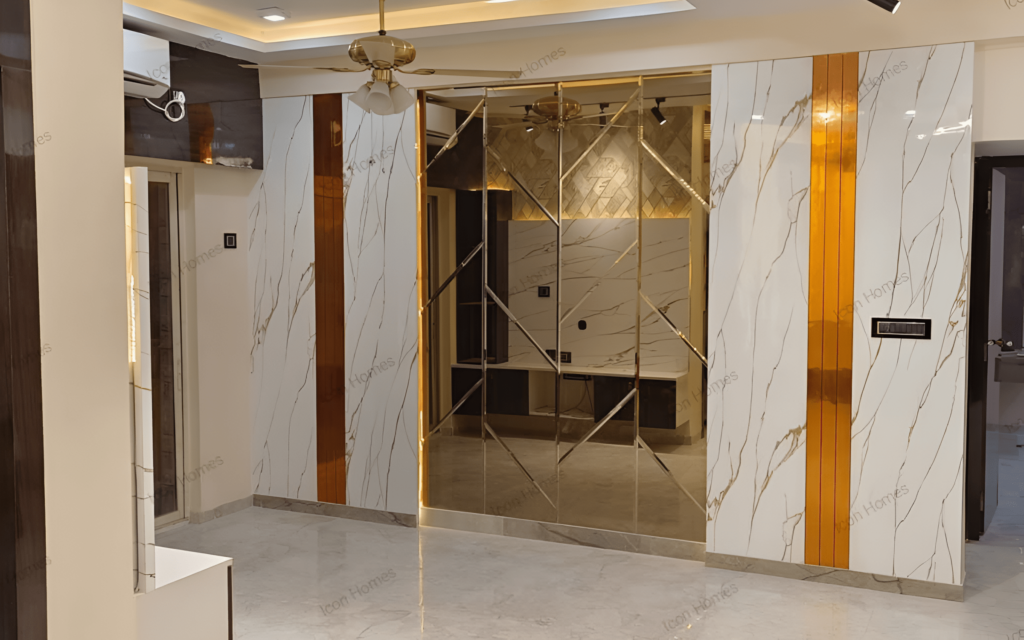
Elevating Home Comfort: The Importance of Interior Design
In the realm of creating a harmonious living space, interior design emerges as a vital element that transcends mere aesthetics. It serves as the cornerstone for transforming a house into a home, reflecting the personality, preferences, and lifestyle of its inhabitants. From enhancing functionality to fostering emotional well-being, the significance of interior design in our homes cannot be overstated.
Creating Functional Spaces: At its core, interior design is about optimizing the functionality of a space to meet the needs of its occupants. Thoughtful arrangement of furniture, strategic placement of lighting fixtures, and efficient utilization of available space are all essential aspects. Whether it’s designing a cozy reading nook, a productive home office, or an inviting entertainment area, every corner of the house can be tailored to serve a specific purpose.
Reflecting Personal Style: Our homes are an extension of ourselves, and interior design offers a canvas to express our individuality and style. Whether you prefer minimalist elegance, bohemian flair, or timeless sophistication, the design choices we make reflect our personality and taste. From selecting color palettes and textures to curating decor pieces and artwork, every element contributes to creating a space that feels uniquely ours.
Enhancing Comfort and Well-being: A well-designed interior goes beyond visual appeal; it has the power to enhance our overall well-being and comfort. Thoughtfully curated spaces that prioritize comfort, ergonomics, and sensory stimulation can have a profound impact on our mood and productivity. Natural light, indoor plants, ergonomic furniture, and soothing color schemes are just a few examples of design elements that contribute to creating a nurturing and uplifting environment.
Promoting Efficiency and Organization: Effective interior design is synonymous with organization and efficiency. By implementing smart storage solutions, ergonomic layouts, and clutter-free designs, interior designers optimize space utilization and streamline daily routines. From integrated storage solutions to multifunctional furniture pieces, every design element serves a purpose in promoting order and efficiency within the home.
Fostering Emotional Connection: Beyond its functional aspects, interior design plays a crucial role in fostering emotional connections and creating meaningful experiences within the home. Thoughtfully designed spaces evoke feelings of comfort, security, and belonging, nurturing a sense of emotional well-being among its inhabitants. Whether it’s a cozy family gathering space, a tranquil retreat for relaxation, or a vibrant hub for socializing, the design of our living spaces influences our emotional responses and interpersonal interactions.
In conclusion, interior design is not merely about creating visually appealing spaces; it’s about crafting environments that enhance our quality of life, reflect our personal style, and promote overall well-being. By prioritizing functionality, comfort, organization, and emotional connection, interior designers have the power to transform houses into homes, where every corner tells a story and every detail speaks to the heart.
